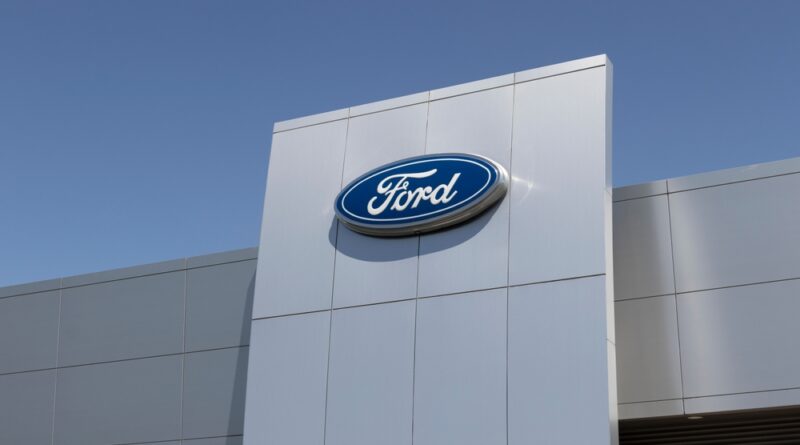Ford CEO Urges Focus on Lucrative Commercial Fleet and Services for Growth
For business students studying the evolving auto industry and preparing for future careers, a recent message from Ford’s leadership offers valuable strategic insights. CEO Jim Farley made headlines advising Wall Street to shift from obsessing over Tesla’s electric vehicle innovations to paying closer attention instead to Ford’s “Pro” commercial fleet unit – where the company sees immense revenue potential ahead.
Ford Pro encompasses the automaker’s traditional fleet and commercial vehicle operations but goes far beyond trucks alone. It strategically unites interconnected services like cloud-based telematics, logistics, depot operations, EV charging, and enterprise connectivity solutions into a full-stack business services offering for commercial customers across industries.
This encompasses technologies like Ford’s SYNC 4 platform connecting vehicles to the cloud and enabling powerful remote diagnostics, vehicle monitoring, dynamic route optimization, real-time status alerts and integrated data insights. The automaker has positioned itself not just as a vehicle manufacturer but an integrated fleet technology provider.
Earlier this month Ford announced surging earnings expectations for the Pro division, forecasting pre-tax profits jumping to between $8-9 billion in 2023, up dramatically from $3 billion last year. This explosive growth underscores the mounting revenue power of a connected, full-service commercial fleet ecosystem.
“We’re no longer just making great F-Series pickup trucks. Ford Pro is revolutionizing fleet productivity, enhancing total cost of ownership, and driving the future by adding value for customers through always-on relationships built around breakthrough smart vehicles and comprehensive services,” CEO Farley proclaimed.
For aspiring entrepreneurs and executives, this signals the sheer potential for integrated, software-defined commercial fleet solutions to become a dominant industry force – even surpassing consumer technologies like EVs for some automakers. As businesses contemplate procurement strategies, tomorrow’s leaders will need expertise managing multifaceted vehicle ecosystems, data-driven optimization, and servitization models leveraging advanced connectivity.

